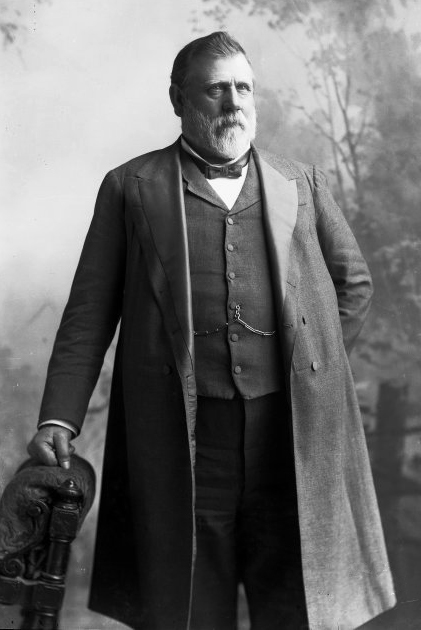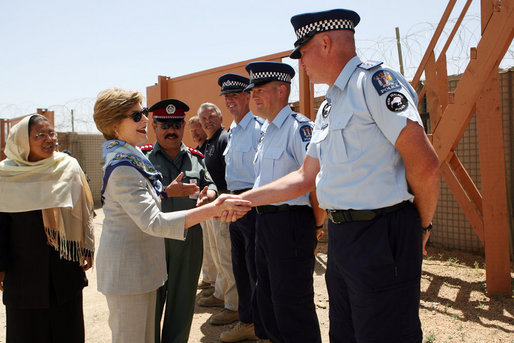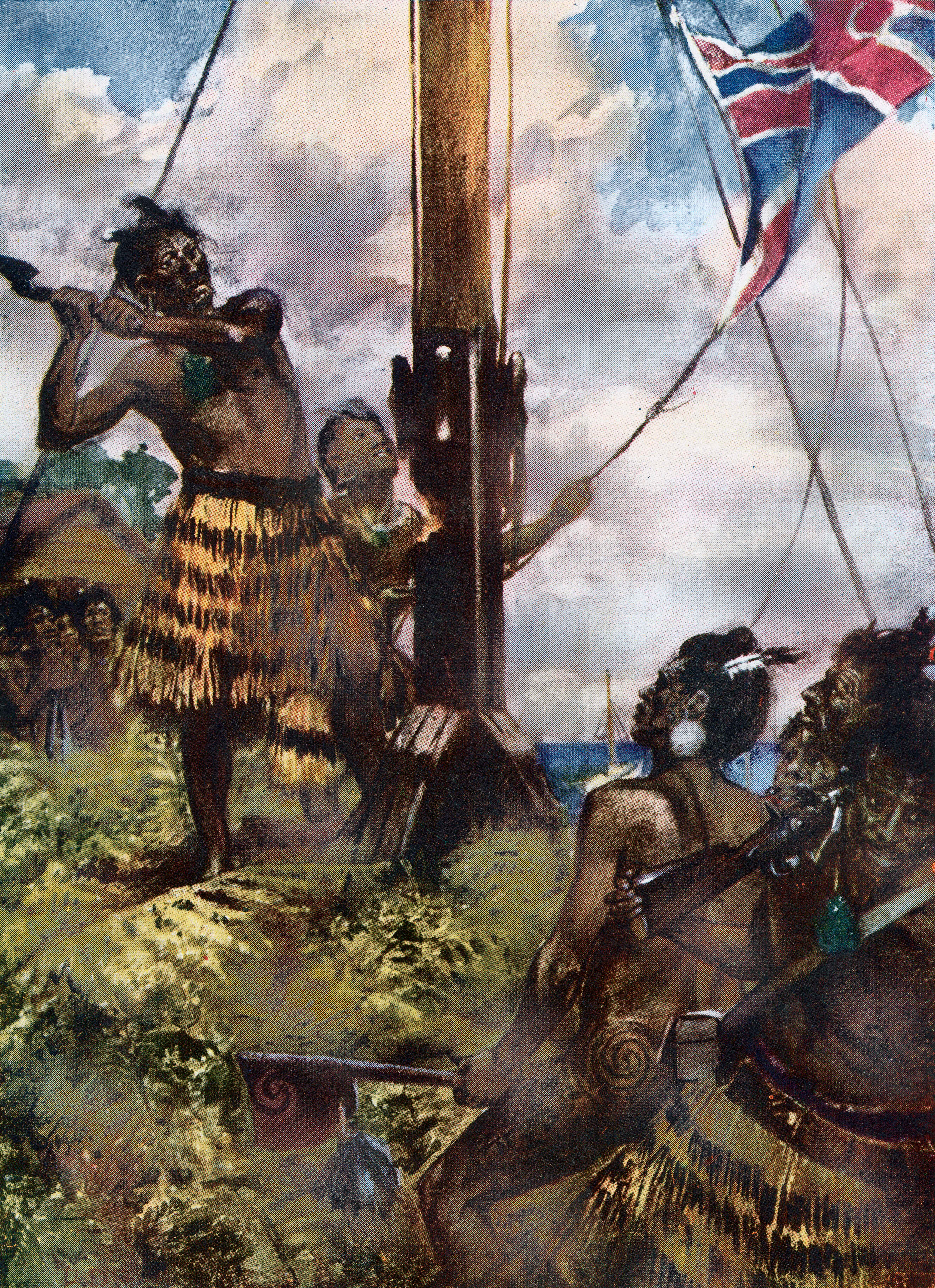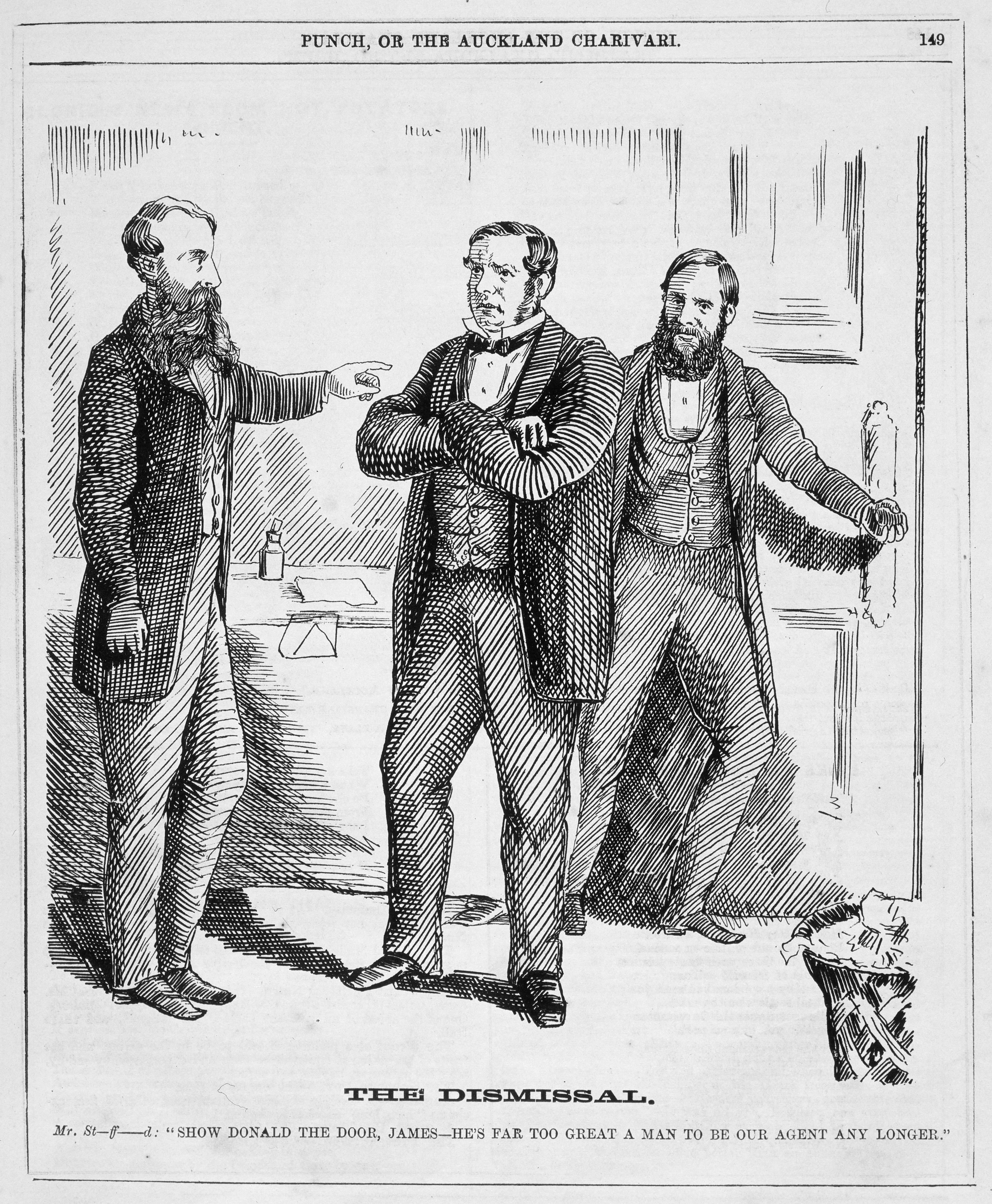|
Minister Of Defence (New Zealand)
The Minister of Defence is a minister in the government of New Zealand with responsibility for the New Zealand Defence Force and the Ministry of Defence. The present Minister is Peeni Henare, a member of the Labour Party. History Initially, military affairs in New Zealand were controlled by the British-appointed Governor, without input from the New Zealand Parliament, which was only established in 1853. There was no Minister of Defence as such, as the Governor retained control over all armed forces in the colony. However, senior military officers did serve as members of the Executive Council. Three such appointments were made: Lieutenant Colonel Robert Wynyard, Major General Thomas Simson Pratt, and Lieutenant General Duncan Alexander Cameron. In 1863, under the premiership of Alfred Domett, a Minister for Colonial Defence was appointed. Reader Wood, a former militia officer, became the first Minister. This post continued to exist with only brief interruption until Edward ... [...More Info...] [...Related Items...] OR: [Wikipedia] [Google] [Baidu] |
Robert Wynyard
Robert Henry Wynyard (24 December 1802 – 6 January 1864) was a New Zealand colonial administrator, serving at various times as Lieutenant Governor of New Ulster Province, Administrator of the Government, and was the first Superintendent of Auckland Province. Early life He was born in Windsor Castle to William Wynyard, Colonel of the 5th Regiment of Foot and Equerry to King George III. Robert was educated in Dunmow, Essex and joined the British Army as an ensign in the 85th (Duke of York's Own Light Infantry) Regiment, transferring in 1826 to the 58th (Rutlandshire) Regiment of Foot. He served in Ireland from 1828 to 1841 on the staff of the adjutant general, and was promoted to major in 1841. He returned to England in 1842 and was appointed Lieutenant-colonel in command of the 58th Regiment. New Zealand When the regiment was posted to Sydney, Australia in 1844 Wynyard was sent on to New Zealand with 200 men to take part in the Flagstaff War against Hone Heke and Kawi ... [...More Info...] [...Related Items...] OR: [Wikipedia] [Google] [Baidu] |
New Zealand Liberal Party
The New Zealand Liberal Party was the first organised political party in New Zealand. It governed from 1891 until 1912. The Liberal strategy was to create a large class of small land-owning farmers who supported Liberal ideals, by buying large tracts of Māori land and selling it to small farmers on credit. The Liberal Government also established the basis of the later welfare state, with old age pensions, developed a system for settling industrial disputes, which was accepted by both employers and trade unions. In 1893 it extended voting rights to women, making New Zealand the first country in the world to enact universal adult suffrage. New Zealand gained international attention for the Liberal reforms, especially how the state regulated labour relations. It was innovating in the areas of maximum hour regulations and compulsory arbitration procedures. Under the Liberal administration the country also became the first to implement a minimum wage and to give women the right ... [...More Info...] [...Related Items...] OR: [Wikipedia] [Google] [Baidu] |
Independent Politician
An independent or non-partisan politician is a politician not affiliated with any political party or bureaucratic association. There are numerous reasons why someone may stand for office as an independent. Some politicians have political views that do not align with the platforms of any political party, and therefore choose not to affiliate with them. Some independent politicians may be associated with a party, perhaps as former members of it, or else have views that align with it, but choose not to stand in its name, or are unable to do so because the party in question has selected another candidate. Others may belong to or support a political party at the national level but believe they should not formally represent it (and thus be subject to its policies) at another level. In running for public office, independents sometimes choose to form a party or alliance with other independents, and may formally register their party or alliance. Even where the word "independent" is used, s ... [...More Info...] [...Related Items...] OR: [Wikipedia] [Google] [Baidu] |
Conscription
Conscription (also called the draft in the United States) is the state-mandated enlistment of people in a national service, mainly a military service. Conscription dates back to antiquity and it continues in some countries to the present day under various names. The modern system of near-universal national conscription for young men dates to the French Revolution in the 1790s, where it became the basis of a very large and powerful military. Most European nations later copied the system in peacetime, so that men at a certain age would serve 1–8 years on active duty and then transfer to the reserve force. Conscription is controversial for a range of reasons, including conscientious objection to military engagements on religious or philosophical grounds; political objection, for example to service for a disliked government or unpopular war; sexism, in that historically men have been subject to the draft in the most cases; and ideological objection, for example, to a perceived vio ... [...More Info...] [...Related Items...] OR: [Wikipedia] [Google] [Baidu] |
World War II
World War II or the Second World War, often abbreviated as WWII or WW2, was a world war that lasted from 1939 to 1945. It involved the vast majority of the world's countries—including all of the great powers—forming two opposing military alliances: the Allies and the Axis powers. World War II was a total war that directly involved more than 100 million personnel from more than 30 countries. The major participants in the war threw their entire economic, industrial, and scientific capabilities behind the war effort, blurring the distinction between civilian and military resources. Aircraft played a major role in the conflict, enabling the strategic bombing of population centres and deploying the only two nuclear weapons ever used in war. World War II was by far the deadliest conflict in human history; it resulted in 70 to 85 million fatalities, mostly among civilians. Tens of millions died due to genocides (including the Holocaust), starvation, ma ... [...More Info...] [...Related Items...] OR: [Wikipedia] [Google] [Baidu] |
Minister Of Justice (New Zealand)
The Minister of Justice (in Māori: ''Tāhū o te Ture'') is a minister in the government of New Zealand. The minister has responsibility for the formulation of justice policy and for the administration of law courts. The current Minister of Justice is Kiri Allan. History The first Minister of Justice was appointed in 1870. This was followed in 1872 by the creation of the Department of Justice. The Attorney-General is responsible for supervising New Zealand law and advising the Government on legal matters, and has ministerial jurisdiction over the Crown Law Office and the Parliamentary Counsel Office. The position is separate from that of 'Minister of Justice', though the two positions have sometimes been held by the same person, e.g. Geoffrey Palmer (1984 to 1989). Responsibility for the police has never technically belonged to the Minister of Justice ''per se''. Originally, the Minister of Defence was responsible. During the early 20th century, however, it became establis ... [...More Info...] [...Related Items...] OR: [Wikipedia] [Google] [Baidu] |
New Zealand Police
The New Zealand Police ( mi, Ngā Pirihimana o Aotearoa) is the national police service and principal law enforcement agency of New Zealand, responsible for preventing crime, enhancing public safety, bringing offenders to justice, and maintaining public order. With about 13,000 personnel, it is the largest law enforcement agency in New Zealand and, with few exceptions, has primary jurisdiction over the majority of New Zealand criminal law. The New Zealand Police also has responsibility for traffic and commercial vehicle enforcement as well as other key responsibilities including protection of dignitaries, firearms licensing, and matters of national security. Policing in New Zealand was introduced in 1840, modelled on similar constabularies that existed in Britain at that time. The constabulary was initially part police and part militia. By the end of the 19th century policing by consent was the goal. The New Zealand Police has generally enjoyed a reputation for mild policin ... [...More Info...] [...Related Items...] OR: [Wikipedia] [Google] [Baidu] |
Robert Stout
Sir Robert Stout (28 September 1844 – 19 July 1930) was a New Zealand politician who was the 13th premier of New Zealand on two occasions in the late 19th century, and later Chief Justice of New Zealand. He was the only person to hold both these offices. He was noted for his support of liberal causes such as women's suffrage, and for his strong belief that philosophy and theory should always triumph over political expediency. Early life Born in the town of Lerwick in Scotland's Shetland Islands, Stout retained a strong attachment to the Shetland Islands throughout his life. He received a good education and eventually qualified as a teacher. He also qualified as a surveyor in 1860. He became highly interested in politics through his extended family, which often met to discuss and debate political issues of the day. Stout was exposed to many different political philosophies during his youth. In 1863, Stout emigrated to Dunedin, New Zealand. Once there, he quickly became in ... [...More Info...] [...Related Items...] OR: [Wikipedia] [Google] [Baidu] |
Minister Of Māori Affairs ''
{{disambiguation ...
Minister may refer to: * Minister (Christianity), a Christian cleric ** Minister (Catholic Church) * Minister (government), a member of government who heads a ministry (government department) ** Minister without portfolio, a member of government with the rank of a normal minister but who doesn't head a ministry ** Shadow minister, a member of a Shadow Cabinet of the opposition ** Minister (Austria) * Minister (diplomacy), the rank of diplomat directly below ambassador * Ministerialis, a member of a noble class in the Holy Roman Empire * ''The Minister'', a 2011 French-Belgian film directed by Pierre Schöller See also *Ministry (other) *Minster (other) *''Yes Minister ''Yes Minister'' is a British political satire sitcom written by Antony Jay and Jonathan Lynn. Comprising three seven-episode series, it was first transmitted on BBC2 from 1980 to 1984. A sequel, ''Yes, Prime Minister'', ran for 16 episodes fro ... [...More Info...] [...Related Items...] OR: [Wikipedia] [Google] [Baidu] |
New Zealand Wars
The New Zealand Wars took place from 1845 to 1872 between the New Zealand colonial government and allied Māori on one side and Māori and Māori-allied settlers on the other. They were previously commonly referred to as the Land Wars or the Māori Wars, while Māori language names for the conflicts included ("the great New Zealand wars") and ("the white man's anger"). Historian James Belich popularised the name "New Zealand Wars" in the 1980s, although according to Vincent O'Malley, the term was first used by historian James Cowan in the 1920s. Though the wars were initially localised conflicts triggered by tensions over disputed land purchases, they escalated dramatically from 1860 as the government became convinced it was facing united Māori resistance to further land sales and a refusal to acknowledge Crown sovereignty. The colonial government summoned thousands of British troops to mount major campaigns to overpower the Kīngitanga (Māori King) movement and also con ... [...More Info...] [...Related Items...] OR: [Wikipedia] [Google] [Baidu] |
Edward Stafford (politician)
Sir Edward William Stafford (23 April 1819 – 14 February 1901) served as the third premier of New Zealand on three occasions in the mid 19th century. His total time in office is the longest of any leader without a political party. He is described as pragmatic, logical, and clear-sighted. Early life and career Edward William Stafford was born on 23 April 1819 in Edinburgh, Scotland, the son of Berkeley Buckingham Stafford (1797–1847) (High Sheriff of Louth in 1828) and Anne, the daughter of Lieutenant-Colonel Patrick Tytler. His family was prosperous, enabling him to receive a good education, first at the Royal School Dungannon in Ireland where he excelled as a scholar, and then at Trinity College Dublin. In 1841–42, he undertook travel in Australia, but chose to join relatives in Nelson, New Zealand in 1843, where he soon became active in politics, criticising Governor Robert FitzRoy's "weak" response to the Wairau Affray. In 1850, he joined increasing calls for New Zeal ... [...More Info...] [...Related Items...] OR: [Wikipedia] [Google] [Baidu] |








